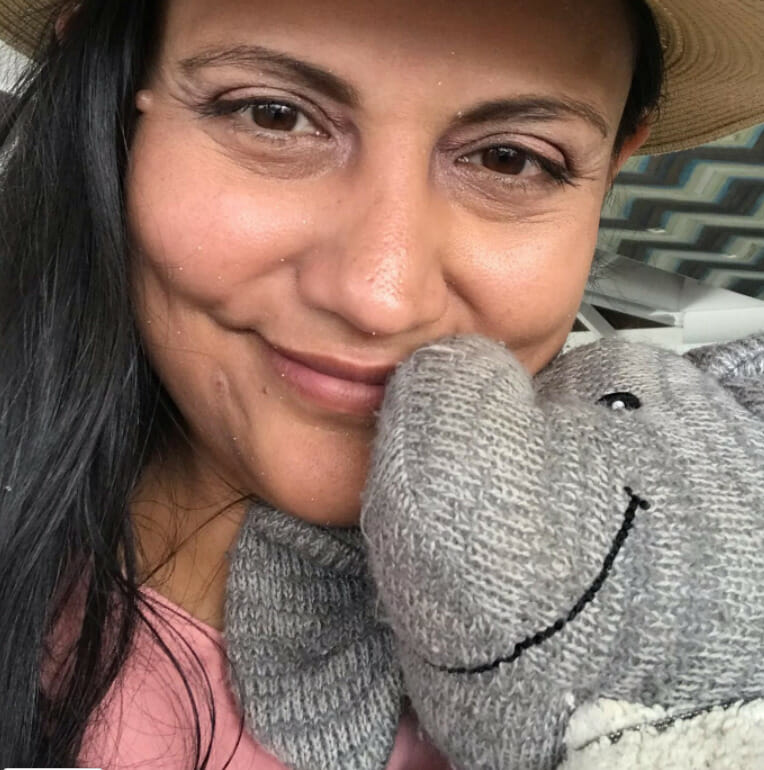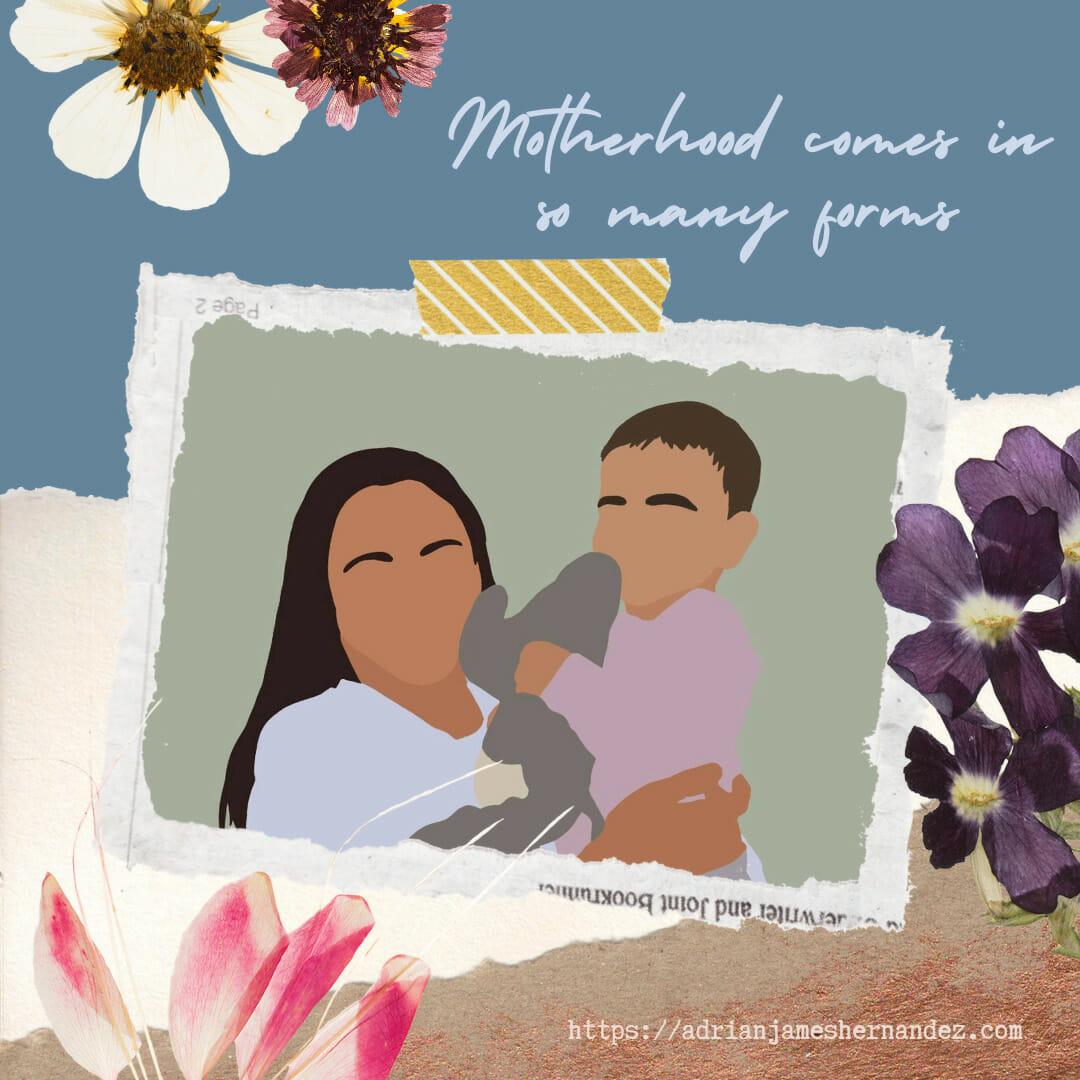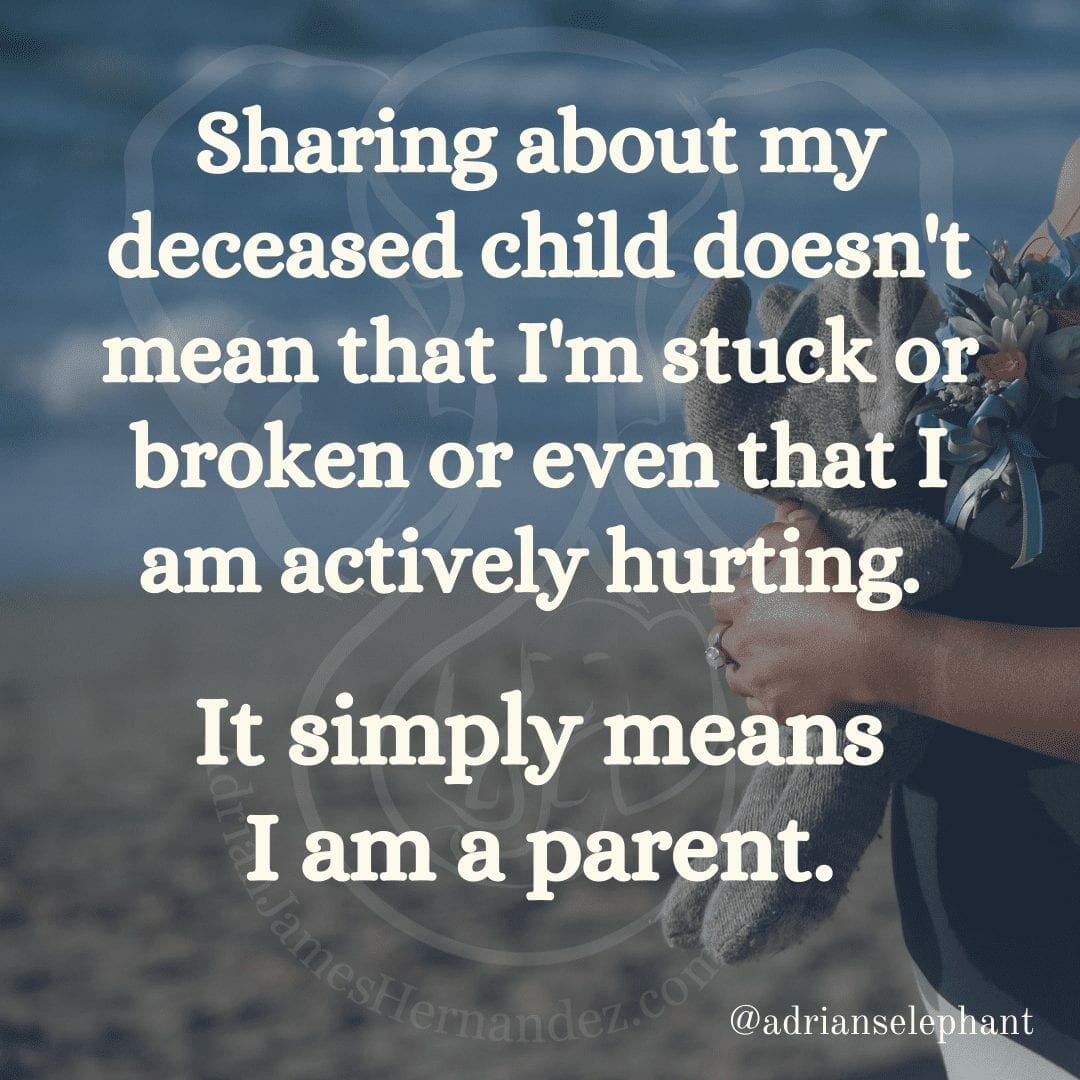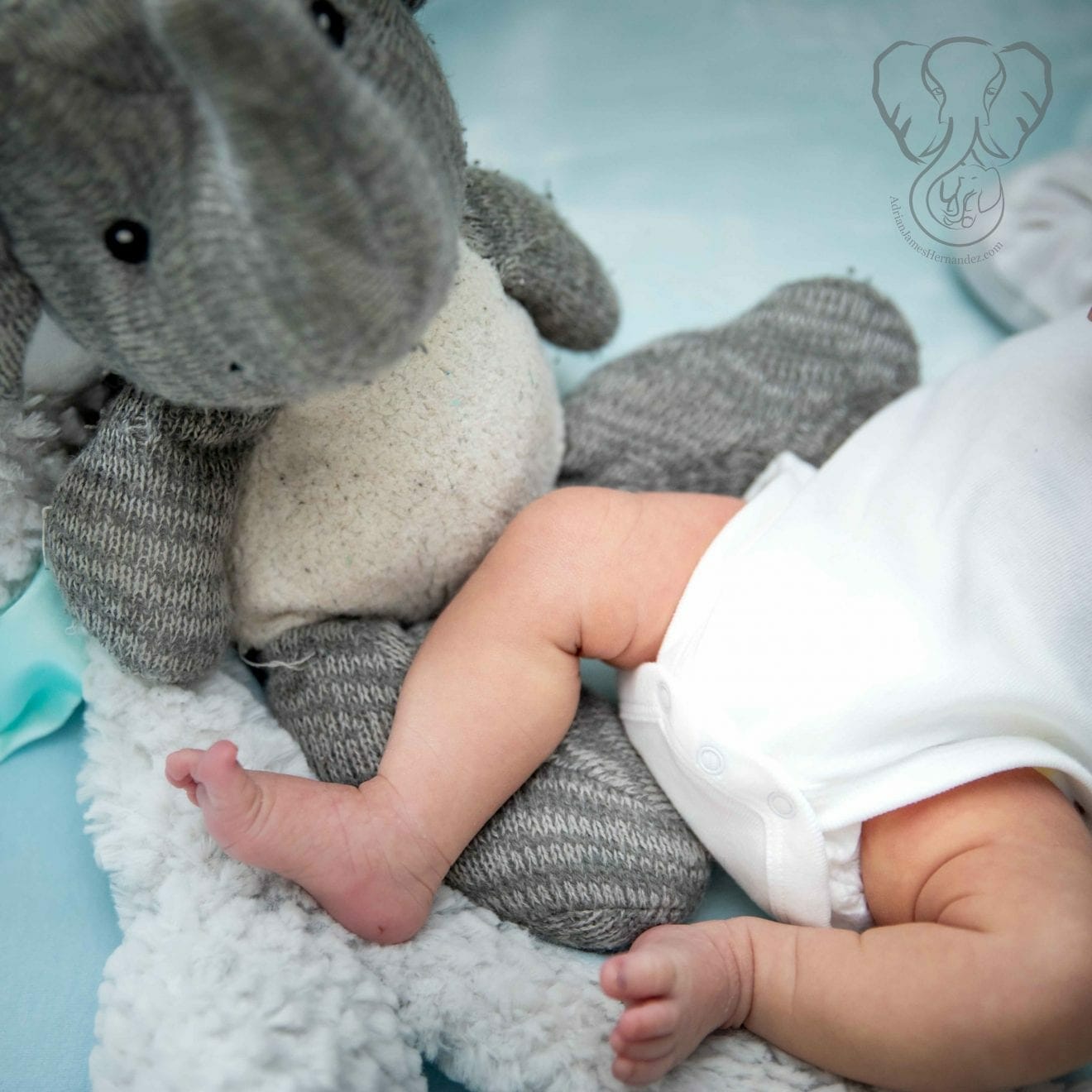I remember when I was younger, hearing about miscarriage for the first time. People talked about it in hushed tones, then; almost like it was shameful. Ironically, those same tones were also used when talking about abortion, and of course, neither subject deserves any shame.
I wonder how different things would be, today, if things had been different then.
I don’t remember when I learned much of substance about miscarriage. I knew it was a thing that happened, but I didn’t know any of the stats until my early 30s. Abortion, on the other hand, became relevant much earlier, when I thought I might be pregnant at 20. And then it went from something I had never really considered, to something that could potentially be hugely relevant to me. And although I ended up not being pregnant, I think that was the moment I realized that the ability to choose or not choose to have an abortion should never be my decision to make for any other person.
I understand other people feel differently. I understand there is a sizable movement to outlaw abortion in the United States today, and although it is currently legal, it is constantly being challenged. I understand also the frustration from those who seek to safeguard the right to abortion access. It is terrifying to think that something so fundamental to one’s own autonomy can be taken away.
What I don’t understand is some of the language used by the pro-choice movement. One phrase in particular has bothered me for some time.
When speaking about safeguarding one’s right to choose, it is unfortunately common to hear the existence of the developing human dismissed as a “bundle of cells.” I get it, though—in many cases, as in the majority of abortions which are performed within the earliest days of a pregnancy, what is aborted is a bundle of cells—a blastocyst or an embryo; the two stages of development that exist before a fetus can even qualify as a fetus.
And I think, had I had the need to make that decision during that moment in my twenties, it may have comforted me to know the tiny spark developing inside of me was still so new it wouldn’t even have had eyes or lungs or the tiniest of heartbeats. And while I personally would still have regarded it as a form of life, I understand why other people might not. It’s a question that becomes almost rhetorical.
But whether one considers life to begin at conception or birth or somewhere in between, it is understandable that not everyone is going to recognize or form a bond with that blastocyst, embryo, or fetus. I’m certainly not asking anyone to.
I am asking, though, that you recognize I formed that bond. I formed that bond when I decided to have a child in my thirties. I formed that bond when I felt the first stirrings of pregnancy symptoms. I formed that bond while pacing around a small room and waiting 60 seconds for a white stick to turn pink. I formed that bond from the moment I saw that solid second line and my heart jumped in my throat, and I gave an unconscious shriek.
I formed that bond in that moment, and before it, and in every heartbeat that has existed from the first thought of my beautiful baby boy until his death inside my body at 41 weeks.
My son, Adrian James, was a person to me from before the moment I knew he existed. And when he died, he was no less of a person simply because he died while physically still inside of me.
I think when we think of pregnancy loss, there is this automatic assumption that it happens prior to 12 weeks. There is this automatic assumption that what is lost IS just a “bundle of cells”, regardless of progression of the pregnancy. There is also this assumption that what is lost is “just” a pregnancy, and not a child. And that is hurtful to me.
It’s hurtful not only because my son died more than 16 weeks after the point of viability. It’s hurtful because I considered him to be a person from the very beginning. It’s hurtful because I planned for and wanted him, and even wrote him letters throughout our pregnancy. It’s hurtful because I shopped and built a nursery for him, and his things—his things—are still so very treasured to me. It’s hurtful because he was and is a human being, and it is only legalities that keep us from acknowledging his humanity.
I know from speaking with other loss parents that while my feelings are not universal, they are felt by many more parents than just me. Ours is an experience shared by many. And as much as I support anyone’s right to choose abortion for themselves, I also wish there were some acknowledgment that those who lose wanted pregnancies have lost so much more than “just” anything.
The fact is, that those who lose wanted pregnancies have lost children. Whether or not they had reached the point of viability. Whether or not their genes were faulty, or if they never had a chance at living beyond the end of pregnancy. They were still human beings. They were still wanted and people. They were still loved. And to hear them dismissed as “just” anything is a hurtful minimization of an already nightmare level of pain.
It’s a dismissal that has legal and financial implications as well.
Because a fetus isn’t considered a person, parents who lose children before birth are not able to file for birth or death certificates; resulting, in essence, of a denial of that child’s existence. While some states offer certificates of stillbirth or vital statistics, these are not the same. There is also the added pain of the more than 20 states that require stillborn children to be cremated or buried, while simultaneously denying their right to legal identity.
Parents of stillborn children are also unable to file for a social security number for their child or claim their child as a dependent on their federal taxes for their year of birth. And while for some families this isn’t a financial hardship, many others face the choice between returning the already washed and folded and lovingly built pieces of their child’s nursery and having enough money to support their living family. It’s enough of an impact that five states currently authorize year-of-birth tax exemptions for parents of stillborn children. This needs to be more widespread.
I wonder if it would be more widespread if the personhood of a stillborn or miscarried child weren’t minimized because of the way we speak when defending the right to choose?
When dealing in heavy circumstances it can be hard to empathize with the strong feelings that exist on other sides. And sometimes, in response to opposition, we say things that are hurtful and unintentionally minimizing. I only ask that when you speak about abortion, you acknowledge that your words may have implications beyond your own situations and lives. Words that minimize might come more easily, but words that acknowledge the complexities of the subject are both more powerful and also uniting.
It’s a complicated situation and I won’t deny that. That doesn’t mean it’s not worth trying.
My son was stillborn at 41 weeks of pregnancy. He was 9 lb 0 oz, 22 in long. He had a funeral. He HAS a name. What he never got to have was a birth certificate or legal recognition of his personhood. What he often gets dismissed as is a “bundle of cells” or “pregnancy loss” or “stillbirth” instead of a human being.
My son was so more than a bundle of cells. My son was and is a human being. Acknowledging that fact speaks to so much more than just his humanity—it speaks to ours.








































































































































































